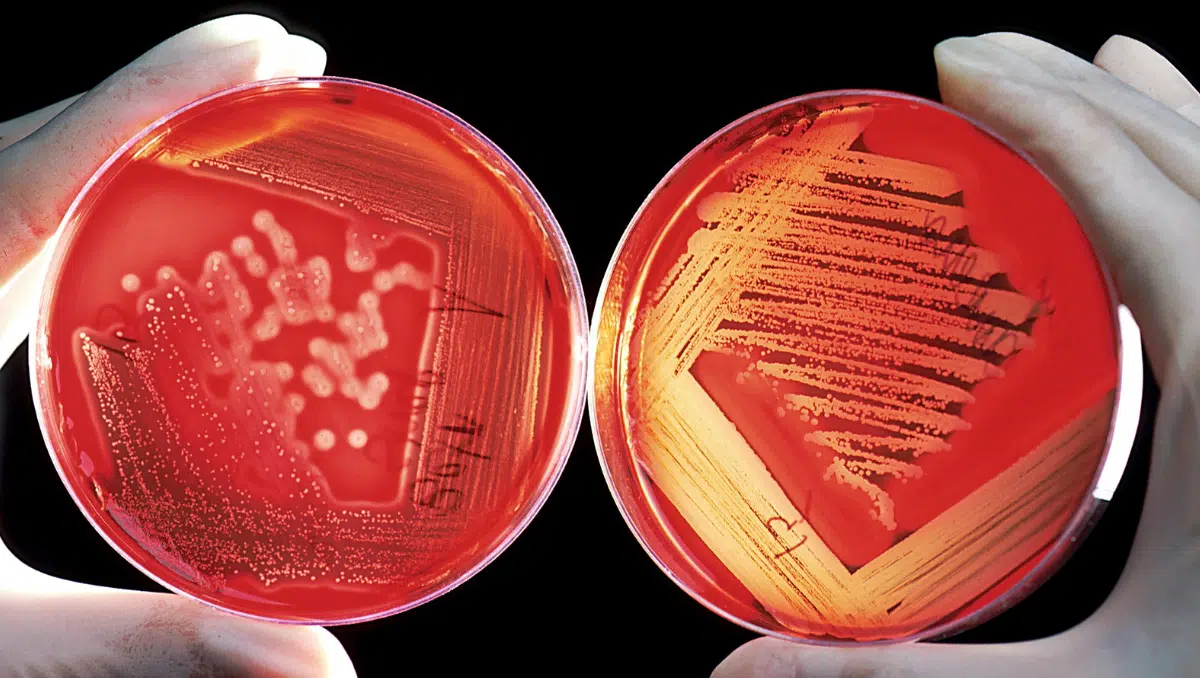Bacteria have the ability to survive in harsh environmental conditions (like temperatures up to 150°C), states a StatPearls report by researchers from St. George’s University, Grenada, and Loma Linda University, USA. These organisms form spores (a type of physiologically inactive cell), which are the dormant form of bacteria and are thick-walled.
Though these spores aid in bacterial survival, there is an immense concern surrounding their survival tactic: severe infections and bioterrorism. Some bacterial species (like Clostridium difficile) infection are associated with high mortality, morbidity, and healthcare costs (estimated at $5.4 billion in the USA alone), lists the StatPearls report; highlighting the importance of research on this topic.

A recent study by researchers from Harvard Medical School, USA, published in Science, explores how bacteria can detect nutrients around them and revive. In their study, the researchers discovered the presence of receptors (proteins that are located at the membrane (outer layer) of the pore) that can sense nutrients, and form channels that open in the presence of nutrients; these channels are closed while the organism is dormant, explains the study.
Once these channels open, they become capable of letting ions to be transferred through the membrane; this leads to the removal of the spore’s protective outer layers and recommencement of the processes required to sustain life.
Another study by a group of researchers from University of California San Diego (UCSD), USA, and Universitat Pompeu Fabra, Spain, published in Science, has revealed the existence of a “decision-making mechanism” in spores.
They discovered the ability of spores to utilize stored electrochemical energy to ascertain if their surroundings have a favourable condition for survival. The team targeted the potassium ion flux and sent short nutrient pulses that resulted in step-like changes in the electrochemical potential of bacterial spores.
The spores were found to release some of the stored potassium ions in response to the short inputs as well as keep a record of these inputs and return to their normal state after these external inputs reached a certain level. The researchers think that their findings can be applied to investigate life in outer space.

Moreover, a study by a team of researchers from Newcastle University, UK, and University of Amsterdam, The Netherlands, published in Nature Communications, reveals that though some bacterial species have developed spores that aid in their survival during prolonged periods of nutrient depletion, a majority of bacterial species do not form spores. They set out to find the extent to which these non-sporulating cells are dormant.
Their study’s results showed that, in pure water, non-sporulating cells were able to survive for many months. The team was able to prove that the cells were not dormant, but they were growing slowly. In addition, the genetic profile of non-sporulating cells revealed that these cells go through an alternative cellular adaptation process.
The researchers called this state as the ‘oligotrophic growth state’. They believe that this stage has an advantage over the bacteria’s ability to create spores: this particular growth stage allows the cells to resume their normal state of life quickly when there is an improvement in nutrient levels around them.













